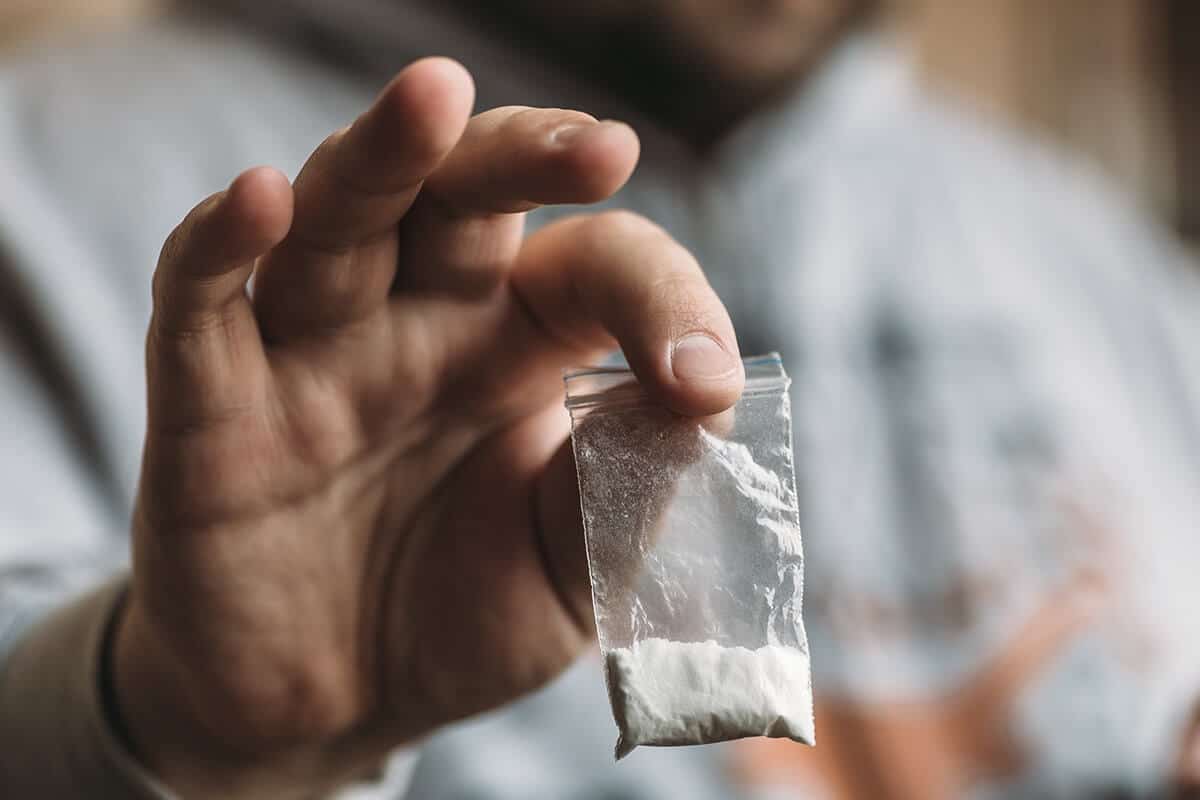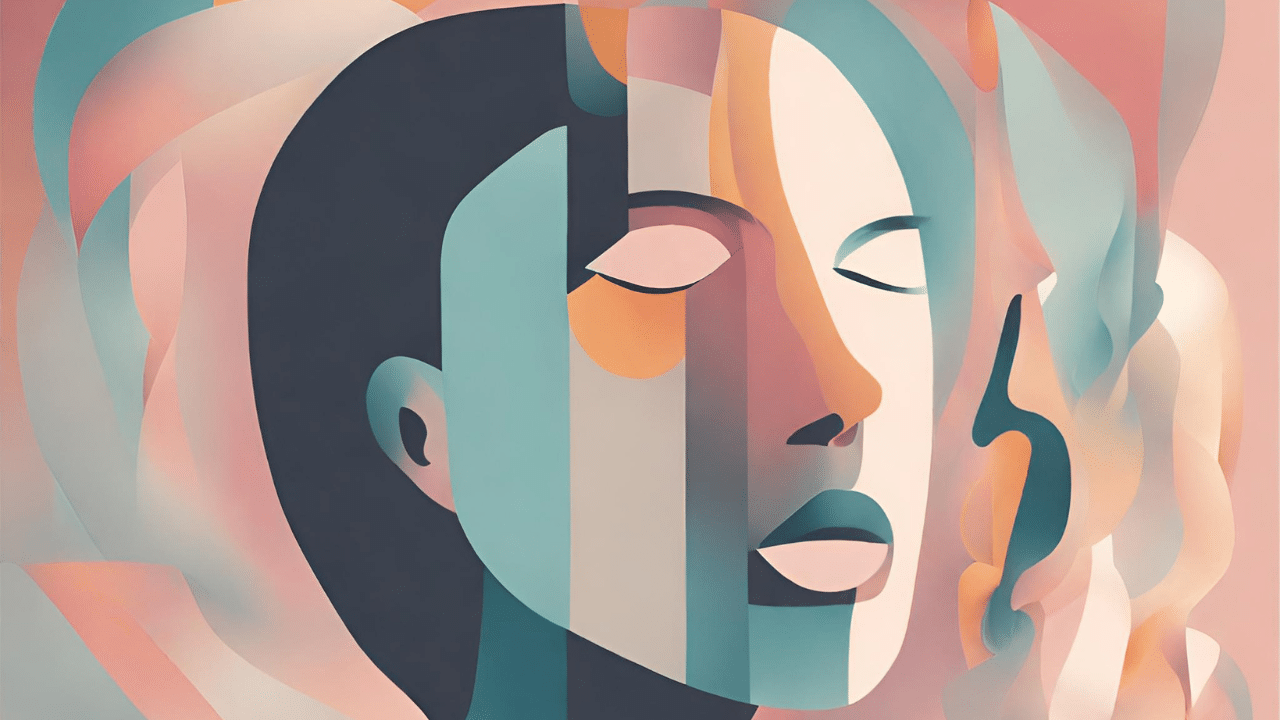
Many people wonder what causes addiction. Initially, people believed that addiction was simply a black and white choice. And that people that fell prey to it did so because of moral shortcomings. This is no longer the case. As science has progressed, we have learned that addiction can stem from many things.
Currently, people see addiction as a disease. This point of view is controversial, but it is more important to not see addiction as a judgment of character. It is treatable. The underlying theme behind what causes addiction is that a person finds relief of some sort from using substances and over time, their brain physically changes, and they become addicted.
What Causes Addiction?
As mentioned above, a person uses substances to achieve relief from symptoms of other underlying problems the structure of their brain changes, and they become addicted. Substance abuse affects three main areas of the brain; they are the prefrontal cortex, the basal ganglia, and the extended amygdala.
Here is the role that each plays in your brain:
Prefrontal Cortex
This area is where your conscious decision making takes place. You can gauge need from other parts of the brain and control your impulses accordingly. When you change your brain to think that you need substances, your prefrontal cortex will prioritize obtaining substances over other actives like working, and that can become a problem.
Basal Ganglia
Known as your reward center, when this area of the brain is on you feel good or motivated to do things like socializing or eating. Ingesting a lot of substances over time will overstimulate this area of the brain, and when you are out of substances, it will send signals to the rest of your brain to get more.
Extended Amygdala
This area of the brain is responsible for making you feel irritable and anxious. If suffering from addiction, when you stop using this area of your brain it becomes overstimulated and sends signals to the rest of your brain to obtain more substances.
Through the changes made in all three part of the brain, a negative feedback loop is created, and the more you use, the harder it is to stop because your brain is working against you. If you have ever been to an AA, NA or other 12-step meetings you may know that the first step is to admit that you are powerless over alcohol, which is shown to be true through science.
The Inability to Control Consumption
The inability to control consumption due to the structural changes that have taken place in your brain renders you an addict and powerless over your drug of choice. This is why it is so hard for chronic users to stop use; they no longer have the ability to make rational decisions around using. It is important for people to seek help of some sort to put an end to the damage.
People with an addictive personality are likely to have brains that are more easily reshaped than others or underlying issues that lead to chronic use. People with the following underlying conditions often have addictive personalities. These conditions can also lead to drug use as a form of self-medication which is possibly what causes addiction in some.
- Obsessive-Compulsive Disorder
- Depression
- ADHD
- Schizophrenia
- Anxiety Disorder
- And More
Taking the First Step
The trick to finding help with addiction is to be sure that you are getting help from people that can assist with all of your problems. If you have underlying OCD that makes you compulsive, tell your caretakers. In order for you to get sober and stay sober, you need to work on all of your problems. Steps to Recovery is a holistic rehab center that employs licensed professional that can help you heal on all levels, and learn what causes addiction. Give us a call today at 267.209.7312 to find out more.
Explore this article:
Explore Our Facilities
Drug and alcohol detox and residential treatment for addiction and mental health disorders
Outpatient treatment center for substance use disorder and mental health disorders
Outpatient treatment center for substance use disorder and co-occurring mental health disorders







